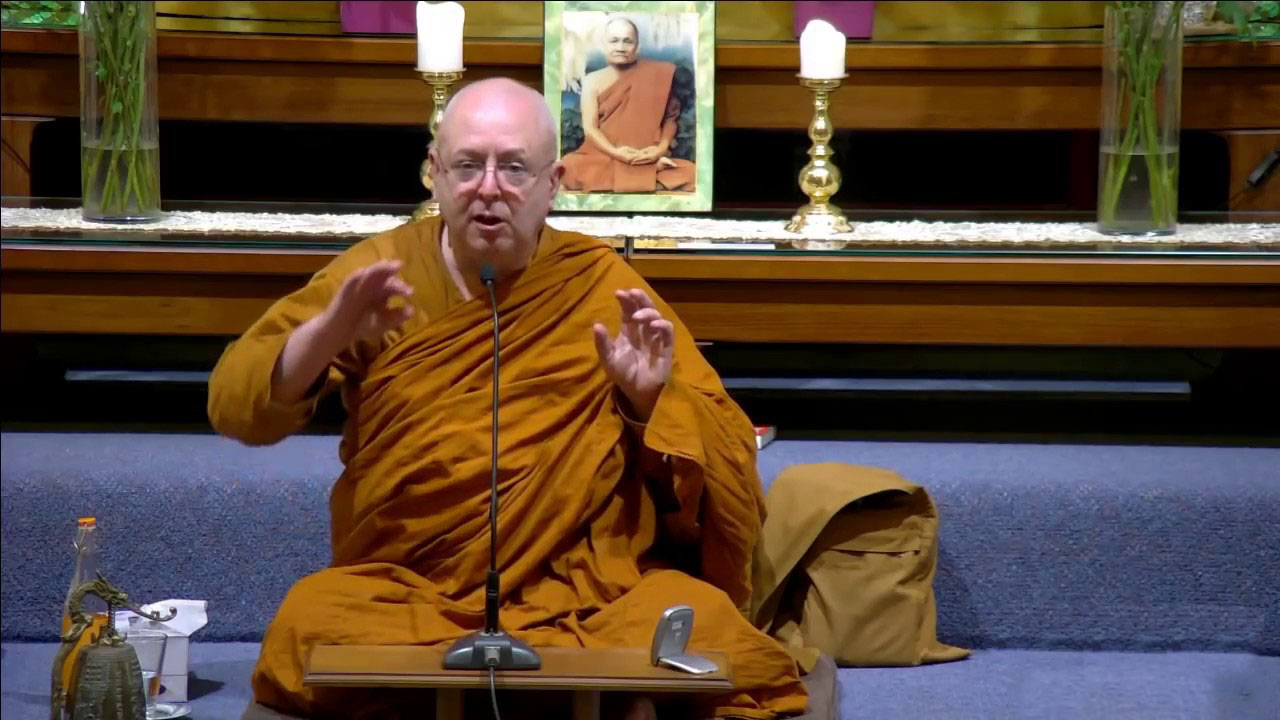FABC News
FABC Endorses the Oath Against Harm in the Practice of the Dharma
The Federation of Australian Buddhist Councils (FABC) is committed to ensuring that our nation’s Buddhist organisations are free from harm and are safe places for all people. The FABC stands against any form of abusive behaviour, including: physical, sexual, psychological and financial abuse.
The FABC has joined hundreds of Buddhist individuals and organisations in Australia and around the world to endorse the Oath Against Harm in the Practice of the Dharma, a statement that affirms the importance of ethical behaviour in our spiritual communities, especially in the context of inappropriate teacher-student interactions.
The Oath was developed by the Alliance for Buddhist Ethics (ABE) and sexual abuse survivors, encouraging Buddhists from all traditions to take a stand against abuse in our communities.
----------------------------------------
Oath Against Harm in the Practice of the Dharma
In the practice of the Dharma, I hold the student-teacher relationship to be a sacred connection which prioritises the spiritual development, maturation, and well-being of the student.
Similarly, I hold that Dharma organisations exist to provide safe environments which allow those who practice the Dharma to thrive in supportive communities, founded on aspirations of good-will for all, and supported by a strong ethical foundation of non-harming.
I acknowledge that any behaviour which would be categorised as abusive—whether emotionally, physically, financially, psychologically or sexually—or which is exploitative, coercive, or an abuse of power, or which attempts to cover-up such behaviour, is harmful and unnecessary in the practice of the Dharma. It is unacceptable in all circumstances.
I am aware that harm has been caused by failures to meet these standards in the past, and I declare my commitment to maintaining them for the well-being and benefit of all. May this commitment help the Dharma to flourish, both now and in the future, and may it help to alleviate suffering and create a more compassionate world.
Find out more about the Oath Against Harm on the Alliance for Buddhist Ethics website.
Creating Child Safe Buddhist Organisations
Following the teachings of the Buddha against creating harm to others, the FABC is committed to ensuring the safety and well being of children and young people in our Buddhist communities. The FABC urges Buddhist organisations to become child safe organisations that always put the best interests of children and young people first.
A child safe organisation does the following:
- Creates an environment which prioritises children’s safety and wellbeing
- Genuinely values and engages with children and young people.
- Creates conditions that reduce possible harm to children and young people.
- Creates conditions that increase the likelihood of identifying any harm.
- Responds to any concerns, disclosures, allegations or suspicions of harm.
All Buddhist groups have legal obligations to ensure that religious workers have a working with children check and are aware of their responsibilities as mandatory reporters under state laws.
National Principles for Child Safe Organisations
The FABC endorses the National Principles for Child Safe Organisations. We strongly encourage all state Buddhist Councils and their member organisations to adopt Child Safety Policies and Codes of Conduct relevant to their state’s legislation and their particular needs.
The FABC has provided the following tools and resources to help ensure children and young people are safe and protected whilst at our Buddhist centres.
The National Principles for Child Safe Organisations were developed in 2019 to provide a nationally consistent approach to creating organisational cultures that foster child safety and wellbeing. These principles reflect ten child safe standards recommended by the Royal Commission into Institutional Responses to Child Sexual Abuse, but also have a broader scope that goes beyond child sexual abuse to cover other forms of potential harm to children and young people.
The National Principles are:
- Child safety and wellbeing is embedded in organisational leadership, governance and culture.
- Children and young people are informed about their rights, participate in decisions affecting them and are taken seriously.
- Families and communities are informed and involved in promoting child safety and wellbeing.
- Equity is upheld and diverse needs respected in policy and practice.
- People working with children and young people are suitable and supported to reflect child safety and wellbeing values in practice.
- Processes to respond to complaints and concerns are child focused.
- Staff and volunteers are equipped with the knowledge, skills and awareness to keep children and young people safe through ongoing education and training.
- Physical and online environments promote safety and wellbeing while minimising the opportunity for children and young people to be harmed.
- Implementation of the national child safe principles is regularly reviewed and improved.
- Policies and procedures document how the organisation is safe for children and young people.
Link: National Principles for Child Safe Organisations website

The renowned British-Australian Buddhist teacher and Theravada monk Ajahn Brahm has shared a video message with the Buddhist sangha of Sri Lanka, calling for mindful restraint and kindness amid increasingly frantic mass protests as the island nation faces an escalating economic and political crisis.
“I have heard about the many difficulties that people in Sri Lanka from all walks of life are facing at this present time,” Ajahn Brahm said in a recorded message from Perth, Western Australia. “There are people who are going to meet together for peaceful protests: please make sure those protests are kept peaceful. That is your right, and it shows the people can unite together in peace—and peace is most important. So when you do walk together, please walk slowly, which creates a state of peace, and please don’t shout too many slogans, or [instead] have slogans of unity and peace.
“If it gets angry, then please just walk away and don’t continue in protest when they turn angry. People will try to make you angry, and then instead of being a very restrained, mindful, kind Sri Lankan, sometimes the mob takes over, and that anger just defeats the purpose.” (YouTube)